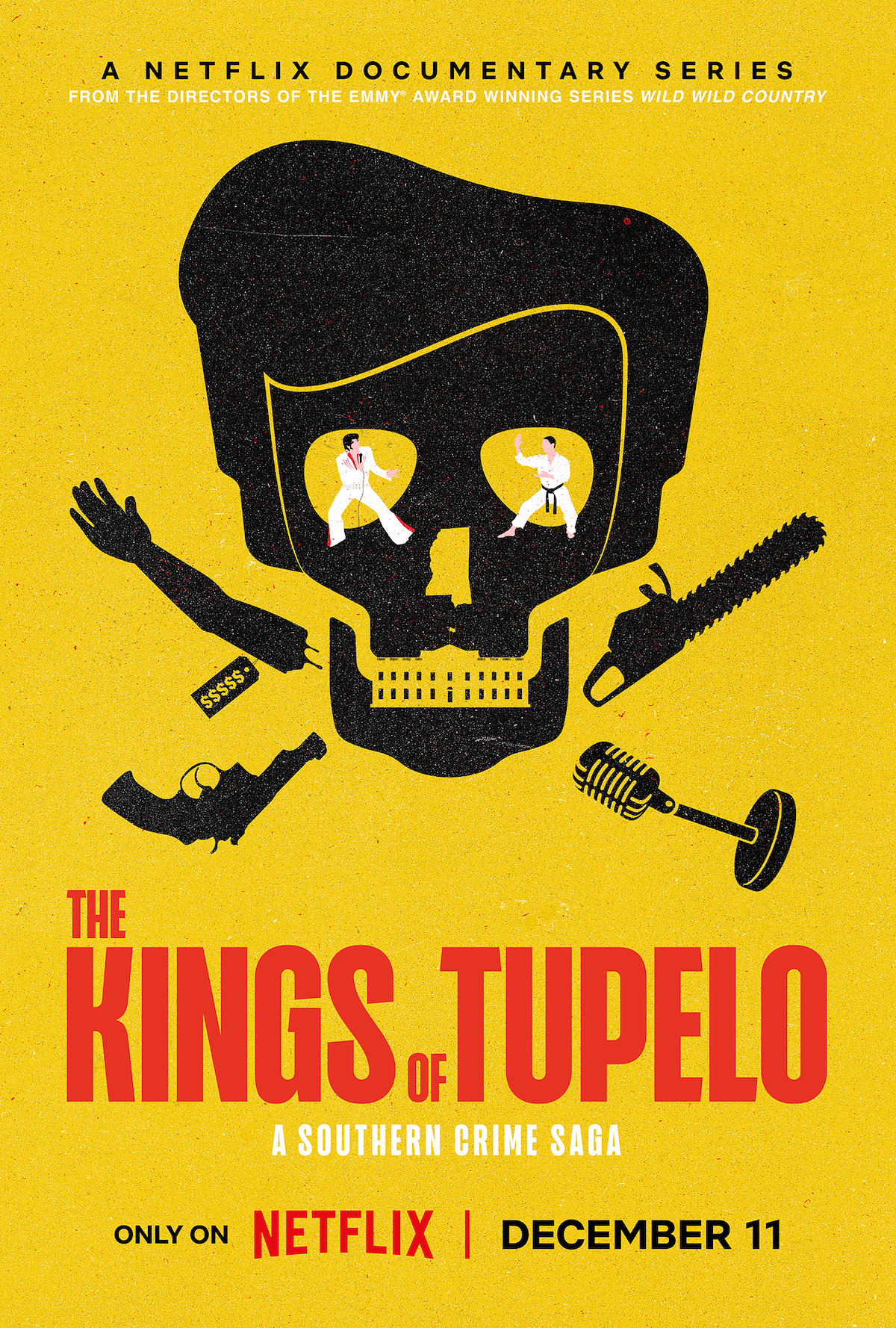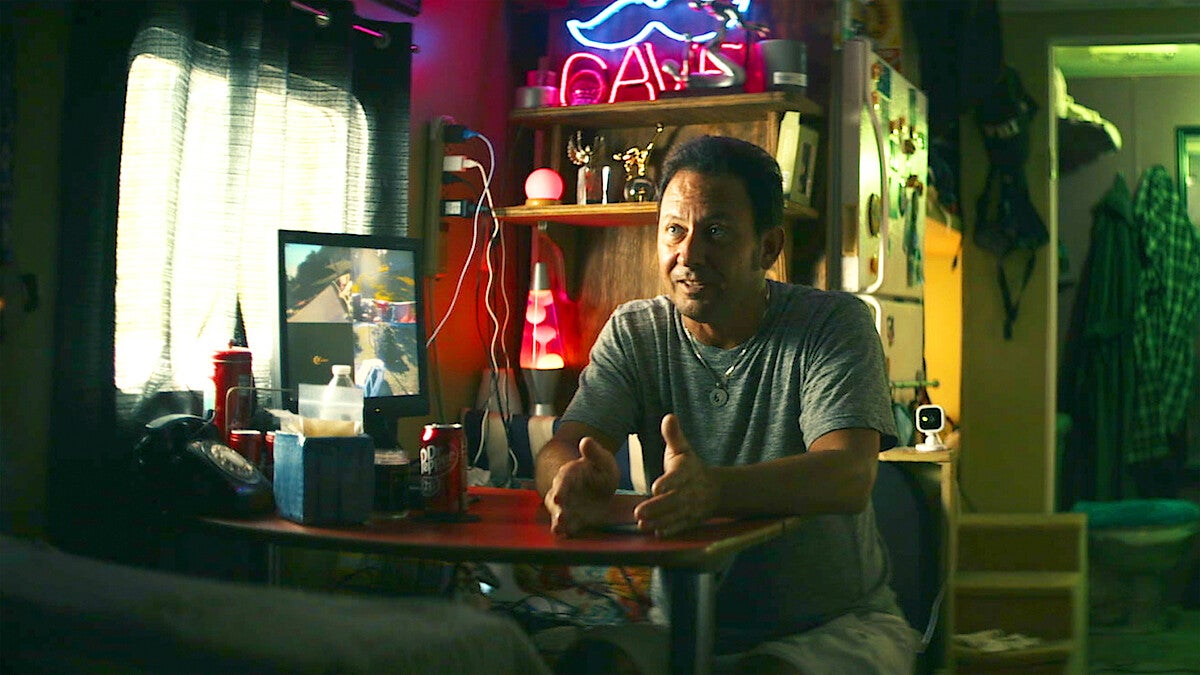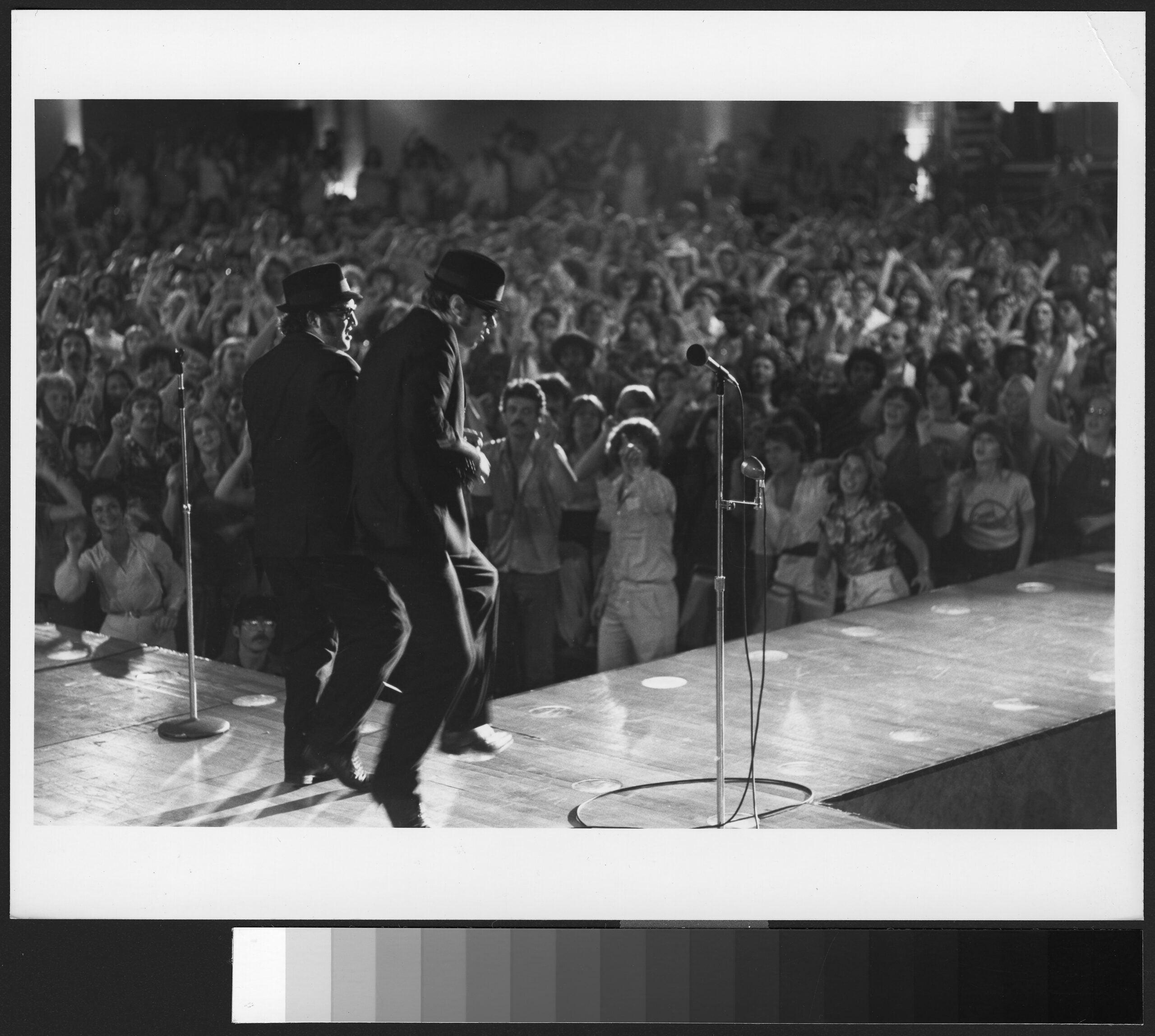Maclain and Chapman Way are the brothers behind the Netflix documentary “The Kings of Tupelo: A Southern Crime Saga.”
The three-episode docuseries takes place in Elvis Presley’s birthplace: Tupelo, Mississippi. The series focuses on Paul Kevin Curtis, a successful Elvis impersonator. Kevin gets involved in a scandal that culminates in poisoned letters sent to politicians, including President Barack Obama.
That’s all we at WPR’s “BETA” needed to hear to get us to sit down and chat with the Way brothers.
Stay informed on the latest news
Sign up for WPR’s email newsletter.
Oh, did we mention the severed head that Kevin found in the hospital where he worked as a janitor? We’ll get to that in due time.
The following was edited for clarity and brevity.
Doug Gordon: Chapman, about three-and-a-half years ago, you and your brother, Maclain, traveled to Elvis Presley’s birthplace in Mississippi. Why?
Chapman Way: In 2020, we had a vague recollection of this news headline from 2013 that our country’s preeminent Elvis impersonator had been arrested for trying to assassinate President Obama. We never thought much more about it. In 2020, we flew to Tupelo to learn more about this story.
We quickly realized that there was a whole hell of a lot more to the headlines around the main character, Paul Kevin Curtis, and a conspiracy that he had stumbled upon that involved local politicians, state politicians, all the way up to the White House. So, we started researching and uncovered one bizarre twist and turn after the other.

DG: Maclain, you met and talked with Kevin Curtis while there. Can you tell us about him?
Maclain Way: It was a crazy, unique experience. We quickly learned Kevin knows how to tell a story better than anyone, and you can’t hurt his feelings. You can’t step on his toes. He was an open book from beginning to end. He was interested in telling his side of the story.
CW: In his 20s, he started the first fraternal Elvis impersonator act with his older brother, Jack. They would perform with Kevin doing the younger Elvis years, and Jack would do the 1970s Vegas-era years. Eventually, Kevin got a job running a cleaning business and worked as a janitor at a local hospital. He was an Elvis-themed janitor in Tupelo.
One night, he was asked to do a cleanup job in the morgue, where he found refrigerated body parts and a severed head. That’s the beginning of Kevin’s journey.
DG: How did the hospital respond when they found out that he had come across a severed head in the morgue?
MW: They have this statement in the documentary that says organ donations happen all across Mississippi, just like every other state in the United States. It’s regulated at the state level by MORA [Mississippi Organ Recovery Agency]. The North Mississippi Medical Center is a licensed, regulated participant in MORA, which I think, in layman’s terms, is just an organ registry list.
CW: But when he found the severed head, he started asking questions about it. Kevin claims that he was asked to sign a document that he was trespassing in a restricted area of the hospital, saw something he wasn’t supposed to and was fired from his job at the hospital. That started Kevin on his path of asking questions. “What did I uncover here?” “What is the severed head?” “Why am I being silenced?” “Why was I fired?”
DG: There was one sentence that stood out, one statement that Kevin made that gave me insight into what was going on in his brain. He says, “I was on a one-man crusade to spread the word about this billion-dollar hidden black market industry that nobody in the world knows existed.” Is that fair for him to say that? How accurate is that, and how much of it is just his imagination?
CW: I found it interesting that this conspiracy theory is a rabbit hole, and those who go down there are convinced that they are on the right side of justice. They believe deeply to their core and soul that they are on a crusade of right and wrong, good and evil.
When Kevin says that line, “I was on a one-person crusade,” he becomes part of a larger fight of good and evil.
MW: In some ways, this documentary series is about two conspiracy theorists, Paul Kevin Curtis and James Everett Dutschke, and their association with this presidential assassination attempt. The most significant commonality between Paul Kevin Curtis and James Everett Dutschke is that their worldview, for better or worse, is broken up into right and wrong. It was a fascinating process working with both of these guys.
DG: Chapman, can you tell us about the stories people told you about their connection to the 2013 presidential assassination attempt and their impact on your documentary?
CW: One of the unique things about our partnership with Netflix is they give us the resources and time to live in these communities and spend time with our characters. Mac and I spent about nine months out there over two years with our subjects, getting to know them. I think that lends itself to these genuine, revealing and often hilarious interviews where people are comfortable. They trusted us to share their reality, eccentricities, insecurities and all that good stuff.
It was jaw-dropping to see the level of skill they have down there in telling stories. Everyone we put on camera was insightful, funny, engaging and dark, and they could tell an incredible tale. It was essential for us to lean into this.
Oftentimes, incredible tales may be a little heightened, a little embellished. For everyone, the story kind of stays the same. However, some facts and details will change from person to person. Instead of fighting against that, Mac and I embraced it as part of the storytelling. And, we tell the audience upfront through one of our main characters, “sometimes we even make s— up.” Mac always jokes that that’s a little legal disclaimer at the top of the story. But for us, hearing incredible oral storytellers was like a match made in heaven.
DG: Chapman, you have said that it was important that your docuseries felt experiential. How so?
CW: It’s important that the visuals, sound, music and all of it help make the story feel a little otherworldly or heightened. I think it’s essential for us to do that because we believe it allows the audience to immerse themselves more into these worlds. I think it opens up audiences to want to understand these characters. It’s just more of a cinematic experience. I think it’s imperative to us that these are heightened visually. We always talked about wanting it to feel a little like a Tim Burton movie or an upside-down world. It allows the audience to put their guard down and be more open to the experience.
DG: I’m curious to know if Paul Kevin Curtis has had a chance to watch the “Kings of Tupelo,” and if he has, what does he think of it?
CW: Yeah, we’ve had some text messages with him over the last month since it came out. The feedback from him has been positive. I think ever since he found the severed head in the hospital morgue, he feels like he has been muzzled or hasn’t been able to tell his story, especially since he was framed for the presidential assassination. For him, the opportunity to have a platform to say, “Hey, for better or worse, this has happened to me. This is my life story.”
I think it’s been a pretty wild ride for him to go from living in a camper outside Tupelo to millions of people watching his story.


